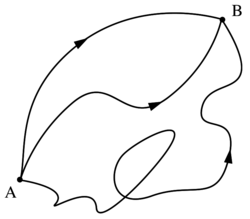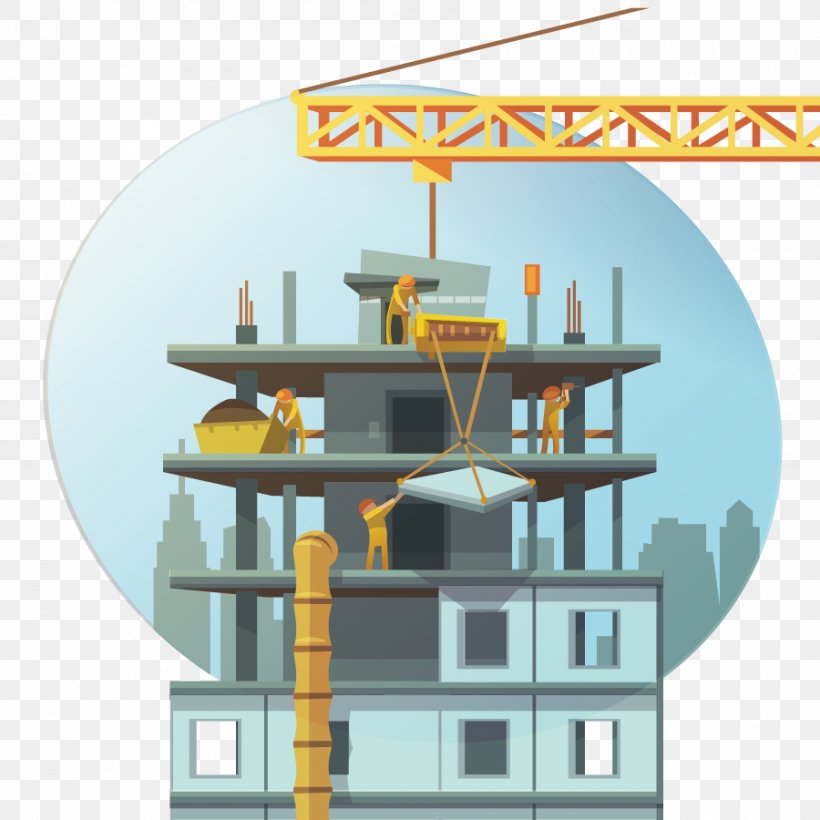Everything is a construct, isn’t it?
I spend a lot of time thinking about this fact in a
science-y kind of way: Mass itself coming from
energies-of-relationships. My own self being an ever-changing set of atoms and yet I keep actively re-arranging those atoms to keep my own identity the same (both physical and mental). My
sense of self is a construct too, but that is so hard to think about because I’m thinking about it with the construct itself. So meta…
Now, I’m turning my attention to more sociological constructs:
Married couples become more similar over time.
Teachers tend to dress and act in similar ways.
Men act “manly” or whatever because it’s what’s expected.
Of course, some of this is baked in: the couple that got married probably already had certain similarities that drew them together. People who make teaching a profession probably have certain common personality traits. Men, of course, are genetically and hormonally constructed in a certain way.
Lately though, I’ve started to think about how much of who we are is also a social construct as well as being ‘baked-in’. The people around us (or the people we choose to be around) have certain expectations of who we are/how we should behave. Our tendency is to fulfill those expectations. By fulfilling those expectations of others, I am constructing who I am, aren’t I?
Just like the molecules that make up my physical body are a construct in that I am not those things themselves, but rather how they relate to each other (you can make a lot of non-Kens out of the Carbon, Hydrogen, Oxygen, and Nitrogen in my body), my personality is also a construct in that I do not live by myself on an island: I am how I relate to others…
I find this thought both exhilarating and scary.
As I travel through life, I think I am forging a path but the path may be forging me…














